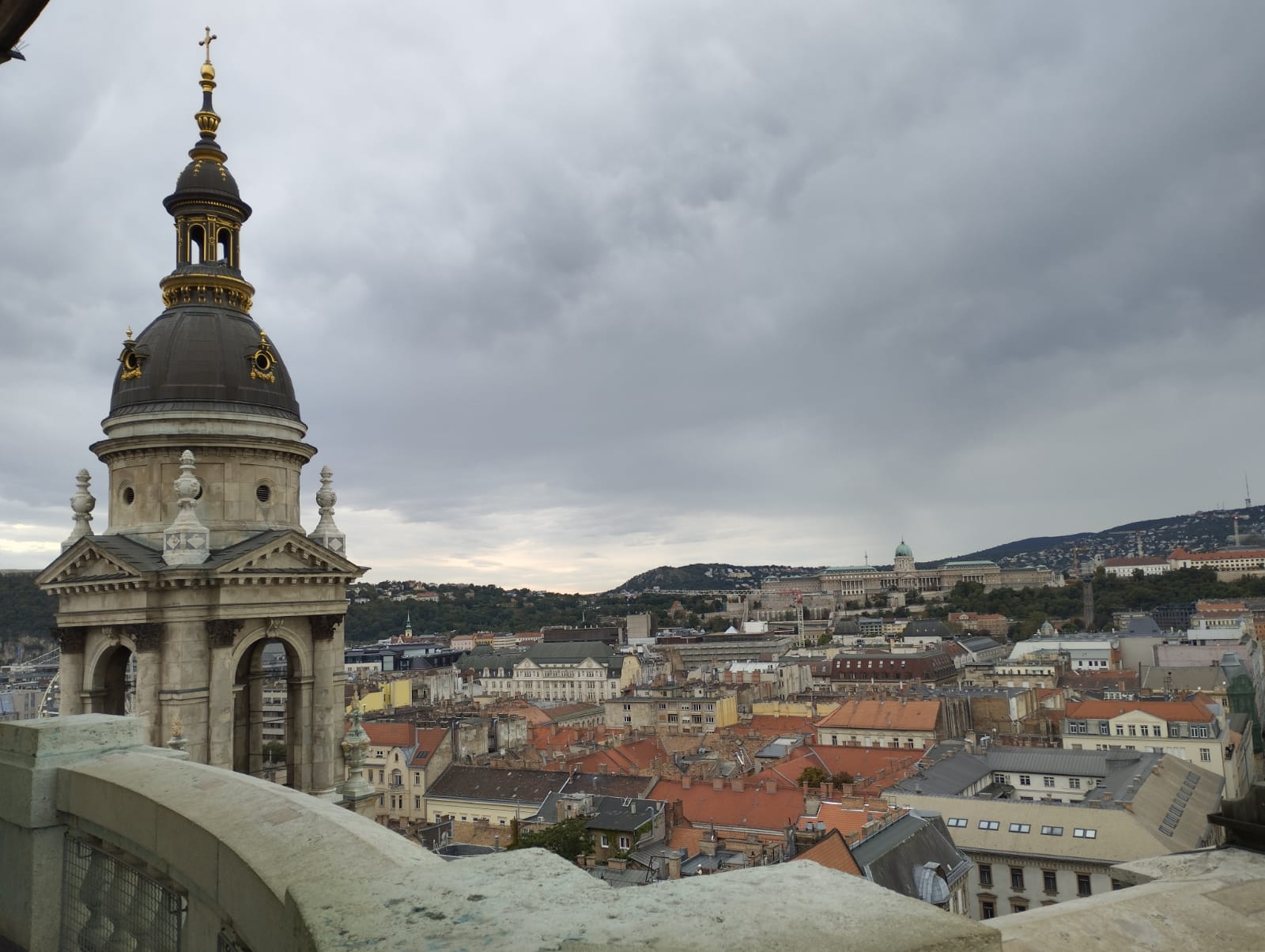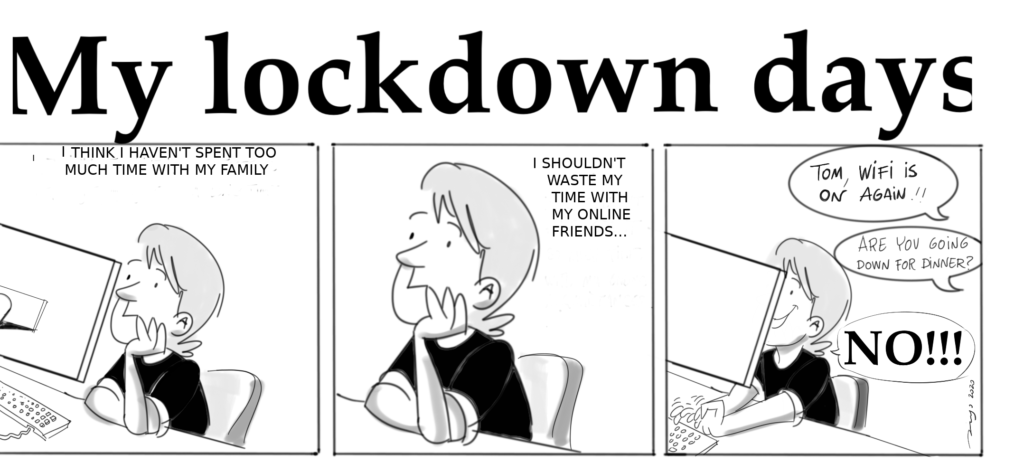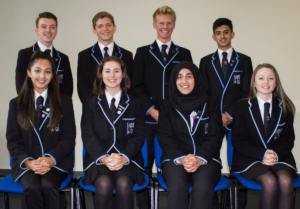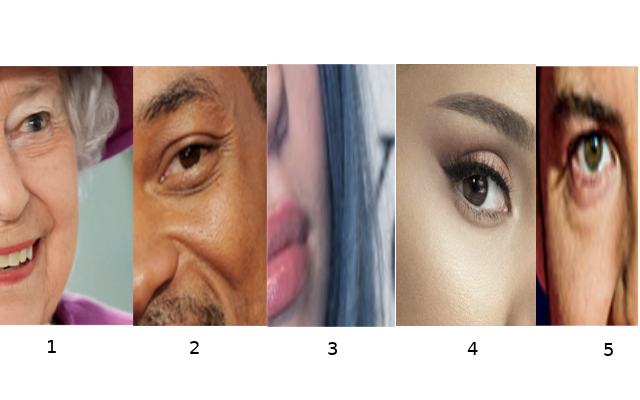3º ESO B
Tareas de la 28 a la 32 en el Aula Virtual
Preguntas de comprensión del texto “Schools in Scotland and Spain” en el blog del programa bilingüe (BREAK)
Actividades de repaso de “Past Simple and Continuous”
Construir una historia a través de un juego de la página web del British Council
Listening: “Because I don´t care”
Se recuerda que el alumnado que tenga la segunda evaluación suspensa deberá hacer el cuadernillo de actividades con explicaciones en castellano que aparece en el archivo adjunto. Cualquier duda, consultar al profesor. Debe entregarse antes del 29 de Mayo mandándolo a través de este aula virtual o por correo electrónico.
1º Bach
Tareas de la 30 a la 35 del Aula Virtual
Comprensión del video “Is your digital footprint dangerous?”
Actividades gramáticales de “Modal Verbs” y “Relative Clauses”
Dos pruebas de PEvAU (a realizar una esta semana y otra la próxima)
Listening: Waiting for a sunny place
Se recuerda al alumnado con dos evaluaciones suspensas: deberán realizar un trabajo (Project), propuesto por el profesorado, donde se deberá incluir la utilización de variedad de tiempos verbales, vocabulario ajustado al tema y un número de palabras indicadas(detalles en el Aula Virtual) .Después de la entrega de dicho trabajo, el profesor tendrá una entrevista por videoconferencia con el alumnado específico para hacerle preguntas sobre el trabajo presentado.
El alumnado con solo una evaluación entregará las fichas de actividades subidas en el aula virtual.






